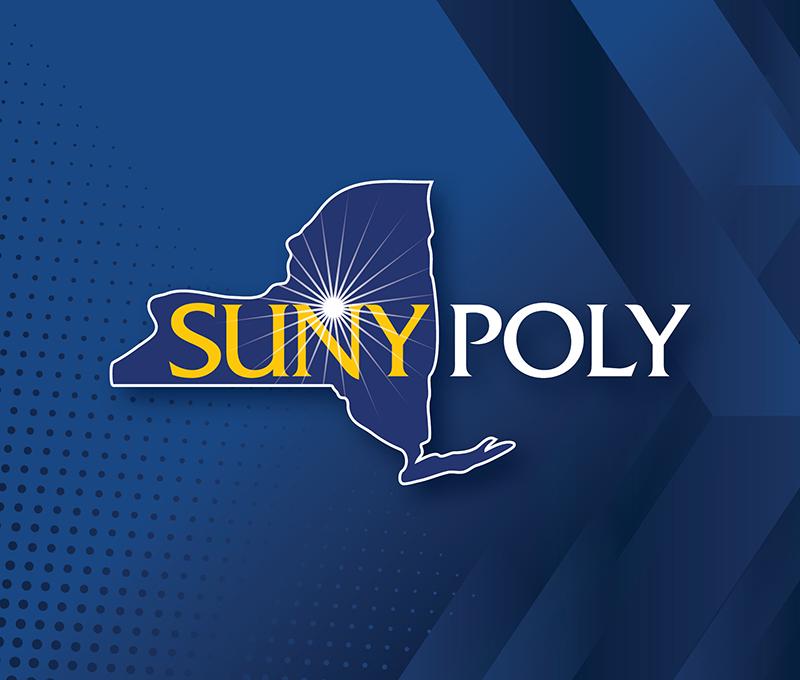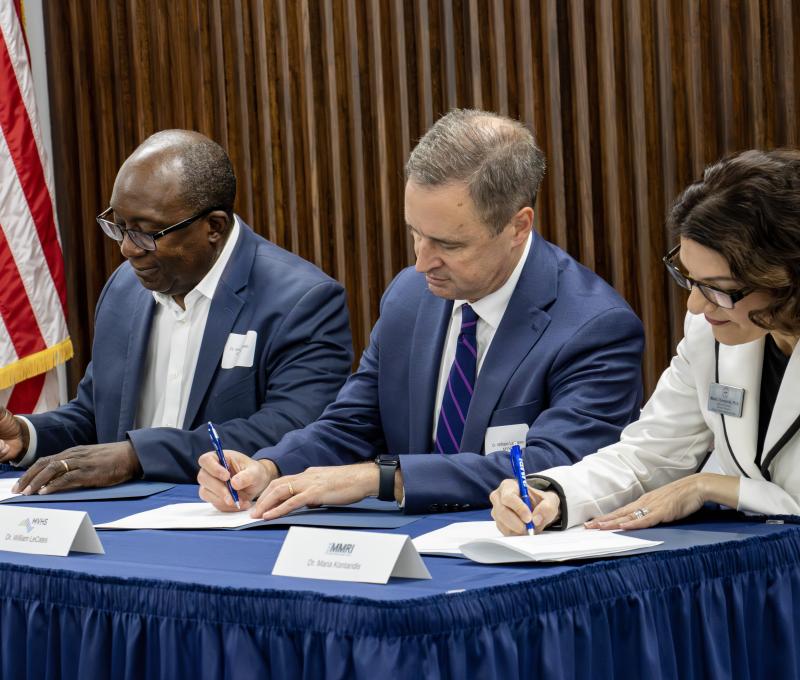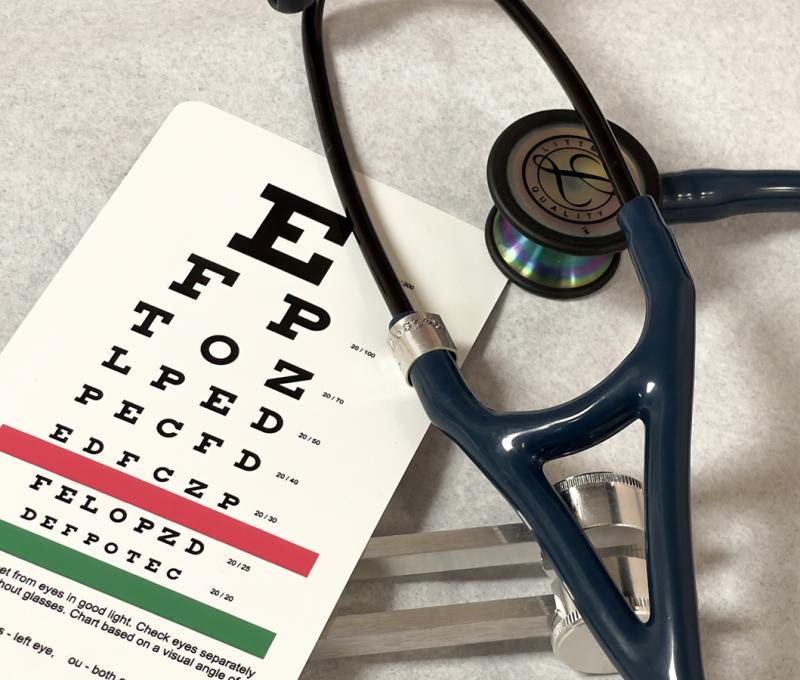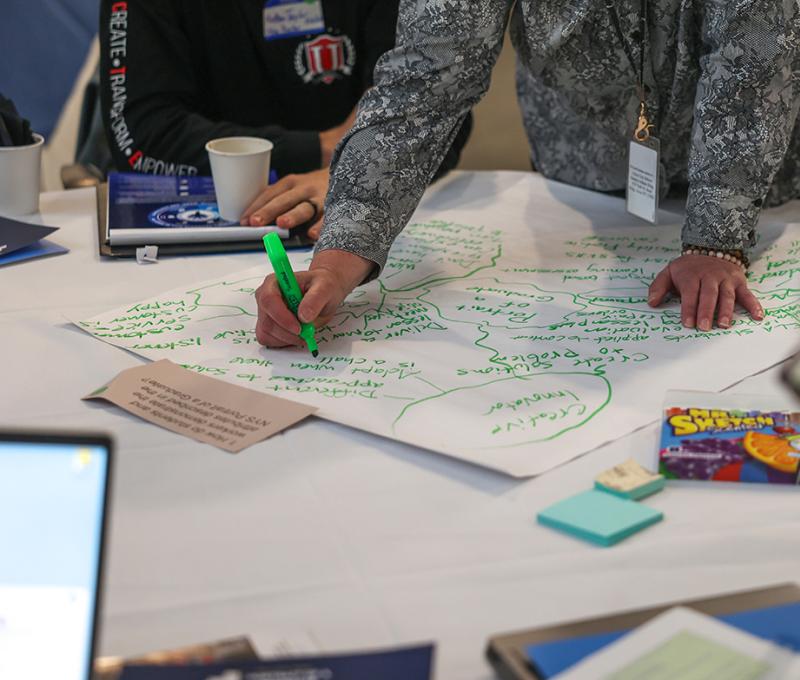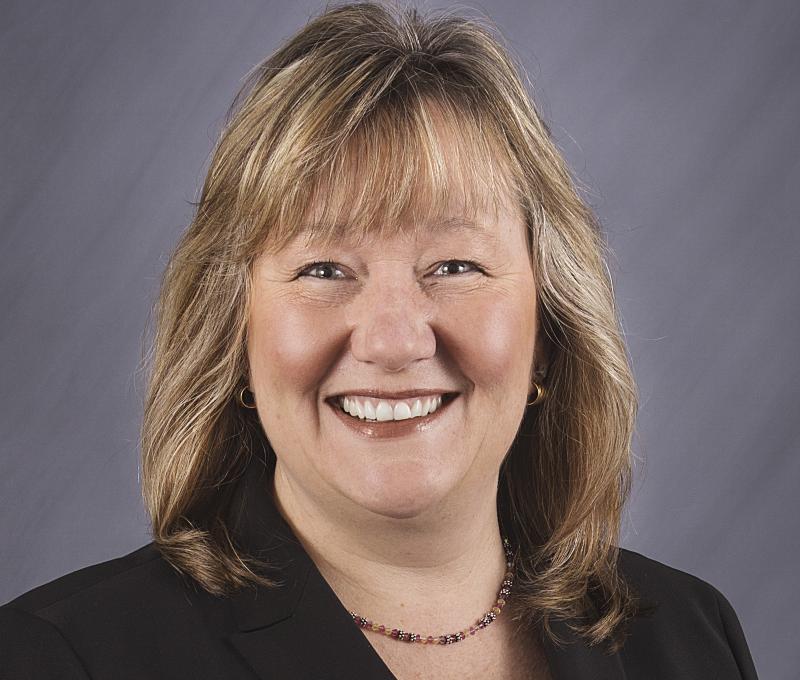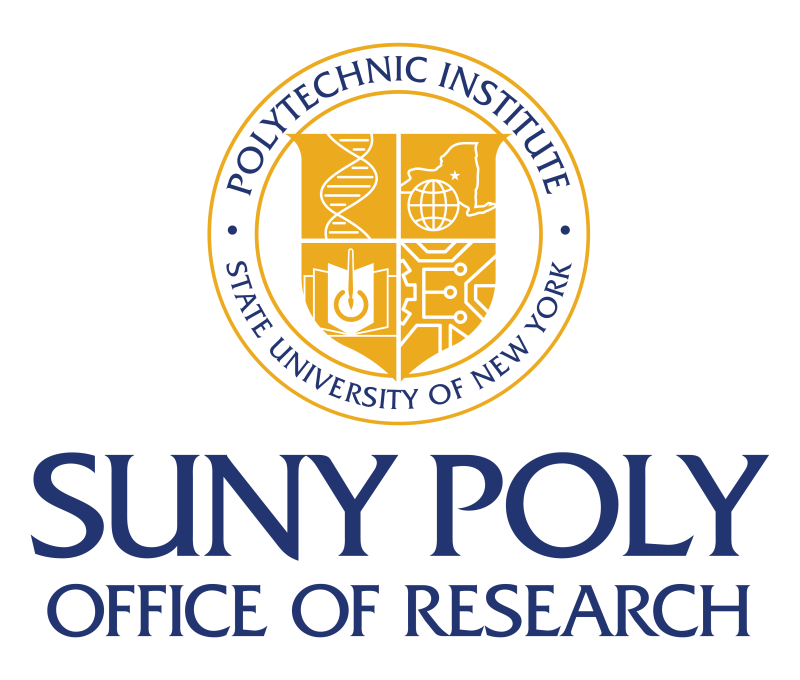News Release: SUNY Poly Professor Partners with Leading Institutions on NSF Award for Quantum Information Science Research
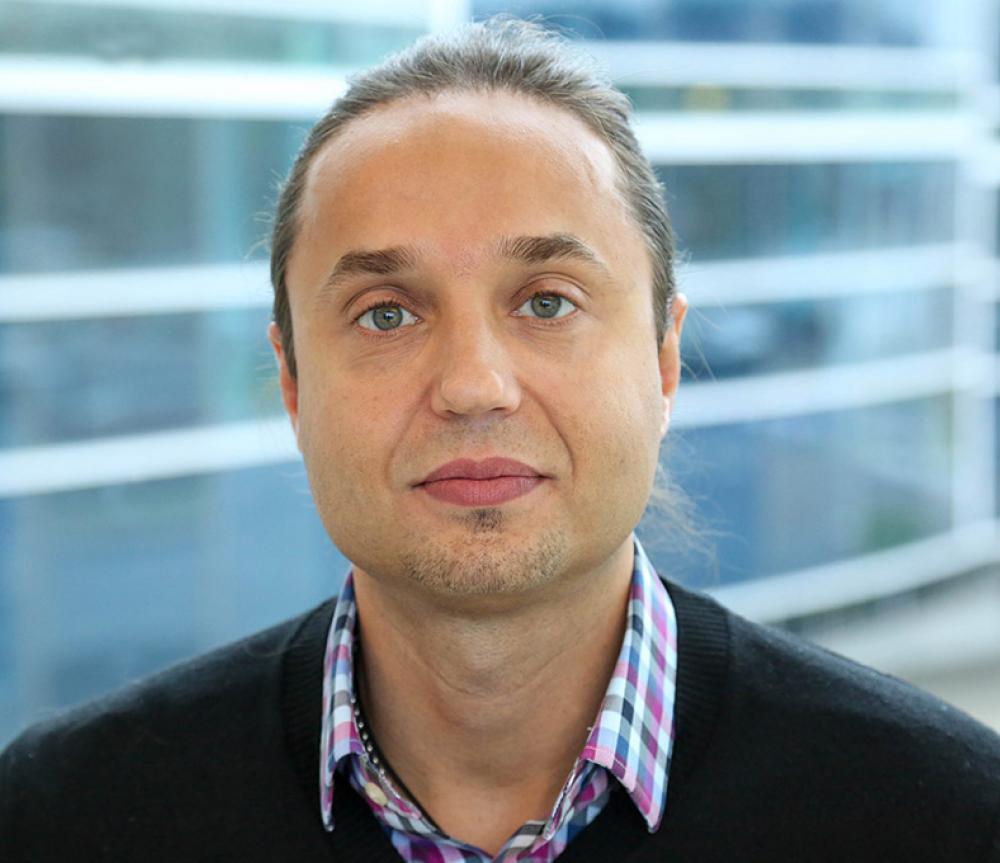
For Release: Immediate – January 27, 2020
Contact: Steve Ference, Director of University Communications | (518) 956-7319 | sference@sunypoly.edu
SUNY Poly Research Builds Upon Recent Quantum-related Research Initiatives and Workshops
ALBANY, NY – SUNY Polytechnic Institute (SUNY Poly) Assistant Professor of Nanoengineering Dr. Spyros Gallis (Spyridon Galis) is part of a collaborative cross-institutional research team led by Stony Brook University’s Dr. Eden Figueroa, Associate Professor in the Department of Physics and Astronomy with a joint appointment at Brookhaven National Laboratory, that has secured a Conceptualization Grant of $150,000 from the National Science Foundation (NSF) Quantum Leap Challenge Institutes program.
“SUNY Poly is thrilled to be participating in this significant area of research, and I congratulate Dr. Gallis and the entire team and their respective institutions on this award, which can help further enable frontier research, imperative national defense capabilities, and hands-on educational opportunities for students while supporting New York State’s continued leadership in this emerging field,” said SUNY Poly Interim President Dr. Grace Wang. “Working closely with our partners, we look forward to continuing our efforts to build upon the resources and expertise that SUNY Poly brings to the table to drive advances in quantum information science and engineering.”
The award recognizes a collaborative effort to drive quantum information science-related (QIS) research and is led by faculty and research staff who represent institutions that include Stony Brook University, Brookhaven National Laboratory, The University at Buffalo, and SUNY Poly. The goal is to develop a proposal for the next round of Challenge Institute funding, which could mean millions in additional NSF support to fund a quantum-focused center where researchers can advance everything from quantum devices and materials to distributed quantum systems.
“I am grateful to the NSF Quantum Leap Challenge Institutes program for the support of this collaborative research, which can enable impactful progress in the areas of quantum information science, including quantum communications. Our research team is eager to continue to work closely with our colleagues at Stony Brook, BNL, and the University at Buffalo on this effort,” said Dr. Gallis. “We are not only advancing research with significance for strategic U.S. high-tech capabilities, but we are also supporting opportunities for the next generation of researchers to gain valuable experience in these exciting areas of R&D.”
Previously, in 2018 Dr. Gallis received $130,000 from the NSF—Directorate of Engineering for research which aims to help develop critical physical properties and provide a fundamental understanding of new silicon carbide photonic nanostructures that have erbium ions added to them for the realization of high-temperature CMOS-compatible quantum emitters at telecommunications wavelengths. The goal is for the emission from erbium ions at telecommunication wavelengths to be controlled and amplified by the photonic nanostructures for the improvement of light-based devices, with applications in areas such as biological imaging and sensing, quantum storage of single-photons, and long-distance quantum communications.
Complementing the latest collaborative grant, Dr. Gallis has also received an NSF supplemental grant to support Research Experiences for Undergraduates (REU), providing valuable team-driven educational experiences for an undergraduate student through their participation in the ongoing NSF research project, and specifically for the development and upgrade of a near-infrared single-photon microscope system.
In July, SUNY Poly’s Utica campus served as an international hub for next-generation quantum information science efforts as it hosted the first Air Force Research Laboratory—Information Directorate (AFRL) International Quantum Information Science Workshop, with nearly 200 leaders from across the globe sharing research discoveries and advancements in this rapidly expanding field. Keynote speakers included those from the National Institute of Standards and Technology (NIST), the U.S. Air Force, and the National Quantum Coordination Office, and it featured a live demonstration of quantum concepts, a 40-poster presentation sharing recent quantum advances, and attendance by representatives from more than one dozen countries.
Since the workshop, a partnership with the AFRL, the Griffiss Institute, Oneida County, and SUNY Poly was announced, which will create a $12 million research center at Griffiss International Airport with the goal of connecting global technology leaders to collaborate and solve intricate Air Force computing challenges. It will link researchers from government, industry, and academia to share top minds, ideas, and facilities—virtually and in person—and look to use Quantum Information Processing to analyze and improve everything from computer hardware and software to data protection, cybersecurity, and artificial intelligence.
####################
About SUNY Polytechnic Institute (SUNY Poly)
SUNY Poly is New York’s globally recognized, high-tech educational ecosystem. SUNY Poly offers undergraduate and graduate degrees in the emerging disciplines of nanoscience and nanoengineering, as well as cutting-edge nanobioscience programs at its Albany campus, and undergraduate and graduate degrees in technology, including engineering, cybersecurity, computer science, and the engineering technologies; professional studies, including business, communication, and nursing; and arts and sciences, including natural sciences, mathematics, humanities, and social sciences at its Utica campus; thriving athletic, recreational, and cultural programs, events, and activities complement the campus experience. As the world’s most advanced, university-driven research enterprise, SUNY Poly boasts billions of dollars in high-tech investments and hundreds of corporate partners since its inception. For information visit www.sunypoly.edu.


